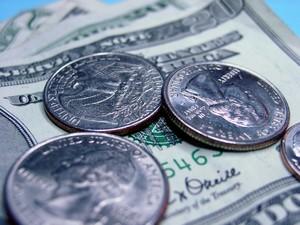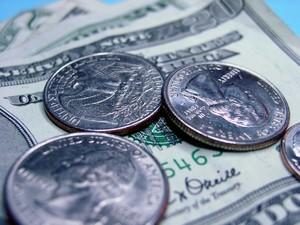The Delaware Division of Revenue would like to remind businesses subject to the Hazardous Substance Cleanup Act (HSCA) that a new tax rate will being going into effect on January 1, 2019. The new adjustable rate for 2019 will be 1.5244%, and will apply to the taxable gross receipts from the sale of petroleum or petroleum products. The Division of Revenue will be updating this rate in their online system before the effective date of January 1, 2019.
The tax rate through December 31, 2018 is 0.9%, but recent legislation has adjusted the rate so that it will be based on a lookback period starting January 1, 2019. The new adjustable rates cannot be lower than 0.675% or greater than 1.675%, and are calculated by multiplying 0.9% (the original rate) by a fraction – the numerator of which is $15,000,000 and the denominator of which is the total collections in the fund during the lookback period (July 1 to June 30 of the prior year).
The HSCA was passed by the Delaware General Assembly in July of 1990 to ensure funding for the cleanup of facilities with a release or imminent threat of release of hazardous substances. The Department of Natural Resources and Environmental Control has identified over 700 sites in Delaware as potential hazardous substances release sites.
If you have questions about the new adjustable tax rate, please contact the Delaware Division of Revenue at (302) 577-8205.

